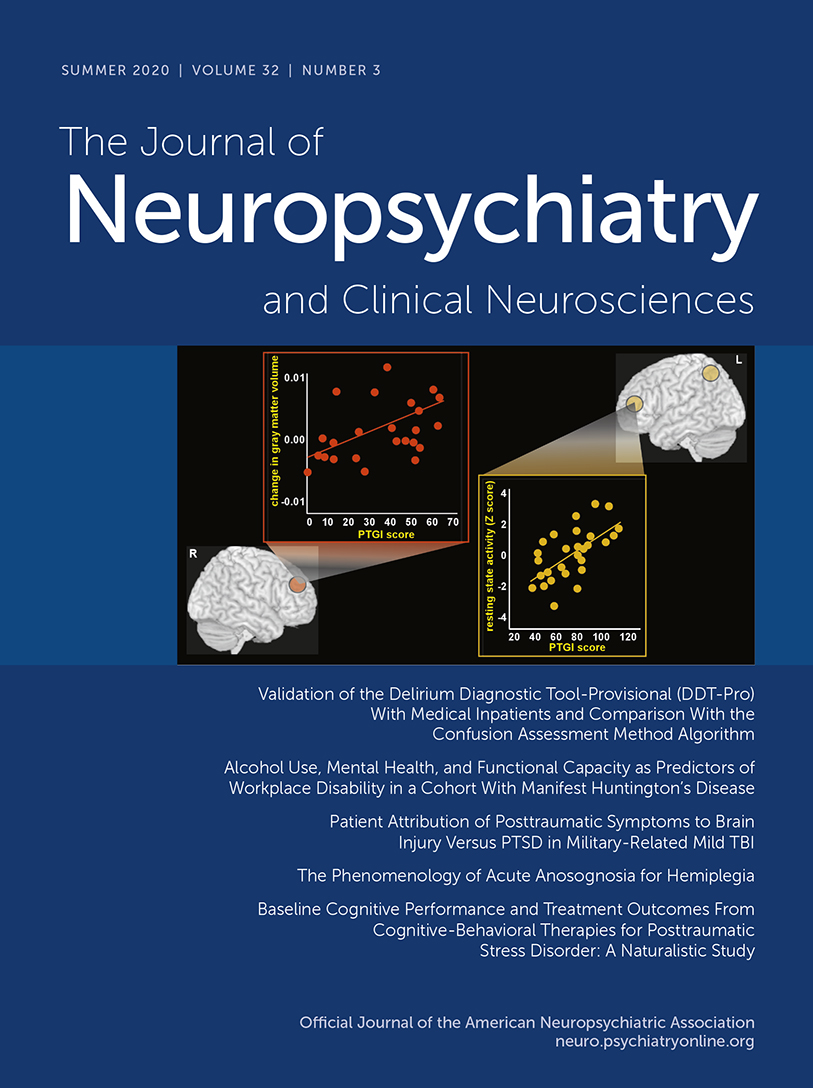Anemia and Cognitive Performance in the ELSA-Brasil Cohort Baseline
Abstract
Objective:
The association between cognitive performance and hemoglobin concentration has long been a topic of debate, but few data for middle-aged persons have been explored. The authors examined the association between anemia and cognitive performance at baseline assessment in the Brazilian Longitudinal Study of Adult Health (ELSA-Brasil), a multicenter cohort study of individuals from six Brazilian cities.
Methods:
A total of 13,624 participants (mean age=51.6 years [SD=9.0]) were included in this cross-sectional study. Cognitive performance was evaluated by using standardized scores for verbal learning, late recall, word recognition, a semantic verbal fluency test, and the Trail-Making Test, Part B (TMT-B). The association between anemia and cognitive performance was examined by using linear regression models adjusted for sociodemographic characteristics and cardiovascular risk factors.
Results:
Anemia was diagnosed in 713 (5.2%) participants. No association was found between anemia and worse cognitive performance for the main models. Global cognitive scores were similar between participants with and without anemia in adjusted models for the entire sample (β=–0.004; 95% CI=–0.052, 0.044) or for men (β=0.047; 95% CI=–0.053, 0.146) and women (β=–0.015; 95% CI=–0.070, 0.040) separately. In addition, hemoglobin levels (in quintile groups) were not associated with global cognitive scores. Similarly, no significant associations with anemia or hemoglobin levels were observed when each cognitive performance test was evaluated separately.
Conclusions:
Anemia and hemoglobin levels were not associated with worse cognitive performance in this large cohort.



